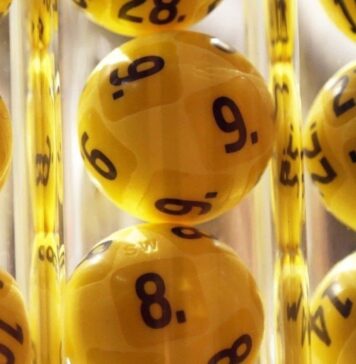It will be up to the European Court of Justice to establish whether the national rule prohibiting gambling advertising constitutes a "technical regulation" within the meaning of Directive (EU) 2015/1535 of the European Parliament and of the Council which provides for an information procedure in sector of technical regulations and rules relating to information society services, insofar as it concerns gambling information published on the website of a gambling operator.
The Supreme Administrative Court of Lithuania, in the context of proceedings on a dispute between a company with regular authorization for carrying out online gambling activities and the National Gambling Authority, for the cancellation of a sanction for violation of the regulations of the Republic of Lithuania which prohibits encouraging participation in gambling by disseminating information or carrying out acts of persuasion in any form and by any means, including special events, test games, promotions, discounts, gifts and similar incentives managed by the gambling operator itself, with the aim of encouraging participation in gambling or remote gaming”. During the check on the operator's website, notices such as «Spearhead explosion, 43 new games!», «ELK slot machine. 25 games!», «The most popular games», «Instant payments. Payments in seconds!», «Deposits/payments 24/7. Revolut is here», «Choose from over 1000 casino games», «… Click on the Bet Builder offer and combine various events in the same games! With us, this system is valid for a wide range of sports and combinations! …», «Collect! Payments before the end of the game!», «Experience, convenience, quality and innovation distinguish us», «Our gaming portal is extremely convenient and easy to use. Entirely designed for you to relax and have fun", "Casino games from the best developers", "Fast deposits and payments", and so on. Such information was deemed to be a violation of the prohibition on encouraging participation in gambling (Article 10(19) of the Gambling Act). At the appeal stage, the judge concluded that the Lithuanian legislative department was not required to inform the European Commission, in accordance with the requirements of Directive 2015/1535. The Lithuanian judge therefore considers it necessary to refer the matter to the Court of Justice to clarify whether a national provision such as that referred to in Article 10(19) of the Gambling Law constitutes a "technical regulation" within the meaning of Article 1(1). 2015(f) of Directive 1535/XNUMX, insofar as it concerns gambling information published on the website of a gambling operator.












